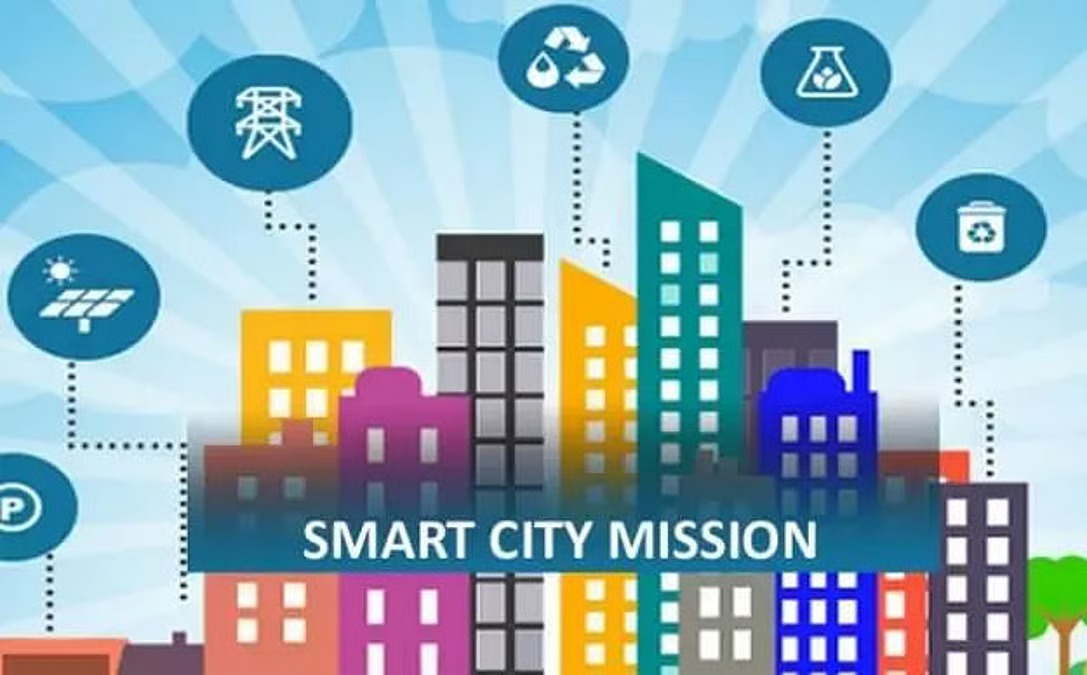India’s Smart Cities Mission has transformed urban landscapes by integrating technology, sustainability, and citizen-centric governance. With over 94% of projects completed, cities now feature AI-powered public safety, smart water and waste management, and efficient transport, creating inclusive, resilient urban environments for the future.
India’s urban transformation story is unfolding rapidly under the Smart Cities Mission (SCM), which celebrates a decade of reshaping city living with smarter infrastructure and empowered citizens. Launched in 2015 by Prime Minister Narendra Modi, SCM targets improving quality of life in 100 cities across India through innovative technologies, sustainable practices, and robust governance.
Key Highlights:
Near-Completion Progress: As of May 2025, 94% of 8,067 multi-sectoral projects worth around ₹1.64 lakh crore have been completed, delivering modern infrastructure, better services, and a cleaner environment.
Command & Control Centers: Each smart city operates Integrated Command and Control Centres (ICCCs), employing AI, IoT, and data analytics to manage traffic, water supply, waste disposal, and public safety efficiently.
Public Safety Upgrades: More than 84,000 CCTV cameras and advanced emergency systems have been installed to enhance security and crime monitoring, while automated traffic enforcement improves urban mobility.
Water Management: 28 cities boast new water treatment plants with a capacity exceeding 2,900 million litres per day, supported by real-time monitoring of over 17,000 km of water pipelines to minimize leaks and conserve resources.
Sustainability Focus: Cities like Indore, Ahmedabad, Pune, Surat, and Coimbatore showcase sustainable infrastructure, AI-driven urban governance, and citizen-friendly digital services, setting benchmarks for others.
Citizen Empowerment: With accessible e-governance services, safety systems, and environmental initiatives, the mission promotes inclusive urban living, prioritizing women, children, and vulnerable populations.
Economic Growth and Inclusivity: Smart city developments contribute significantly to economic output while addressing housing, transport, healthcare, and education needs, fostering equitable growth.
Future-Ready Urban Ecosystems: SCM continues to integrate emerging technologies, aiming for adaptable, resilient cities that can address climate challenges and rapid urbanization pressures.
Government and Private Partnership: The mission leverages funding from public-private partnerships to sustain momentum and scale innovative urban solutions.
Model for Development: These urban centers serve as replicable models, inspiring smaller cities and towns to adopt smart solutions and advance sustainable development goals.
India’s smart cities exemplify the push toward a digital, sustainable, and citizen-centric future, turning urban centers into hubs of innovation and quality living.
Sources: Press Information Bureau, 99 Realty, Invest India, IBEF, Transline India, KPMG




